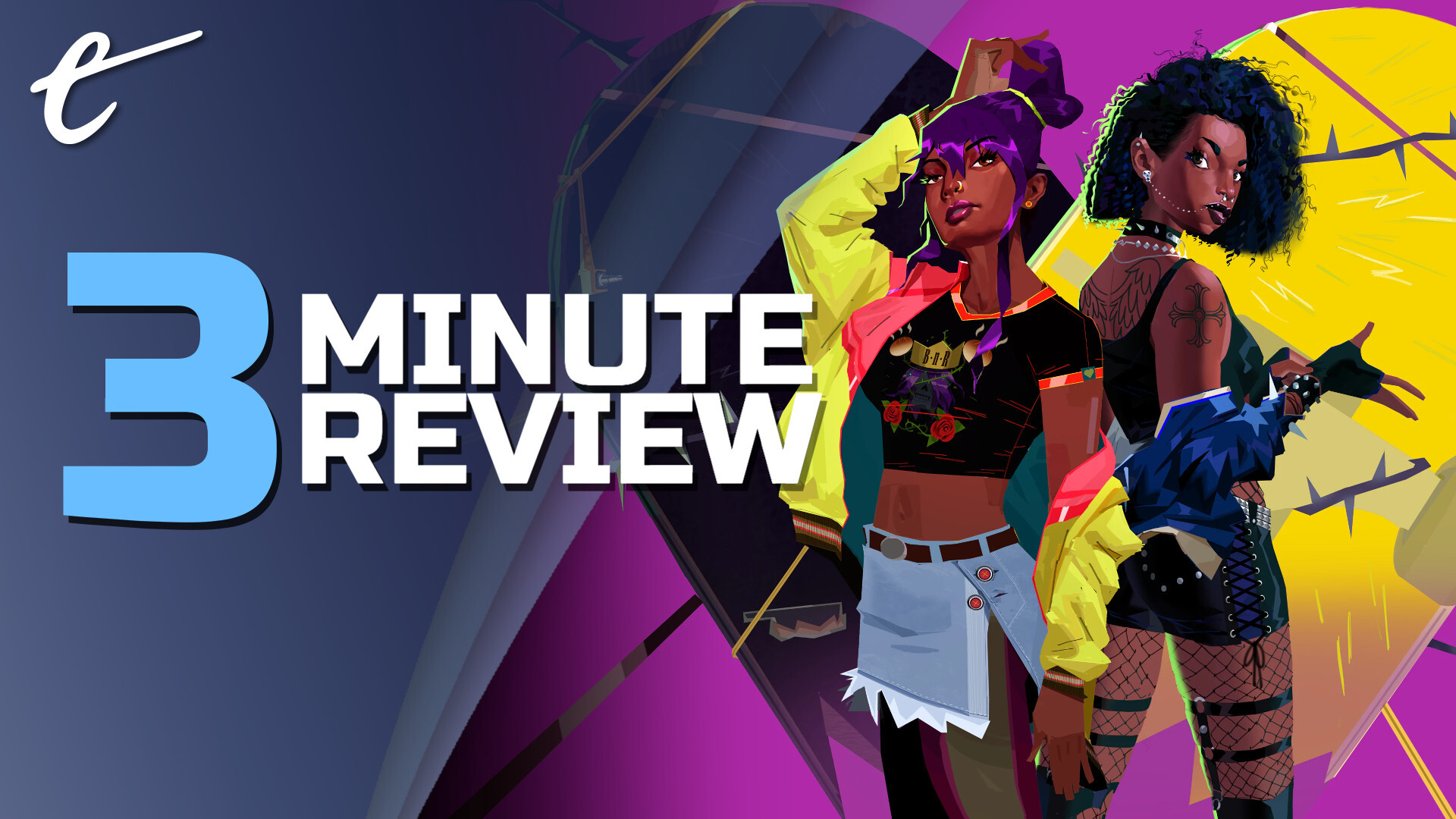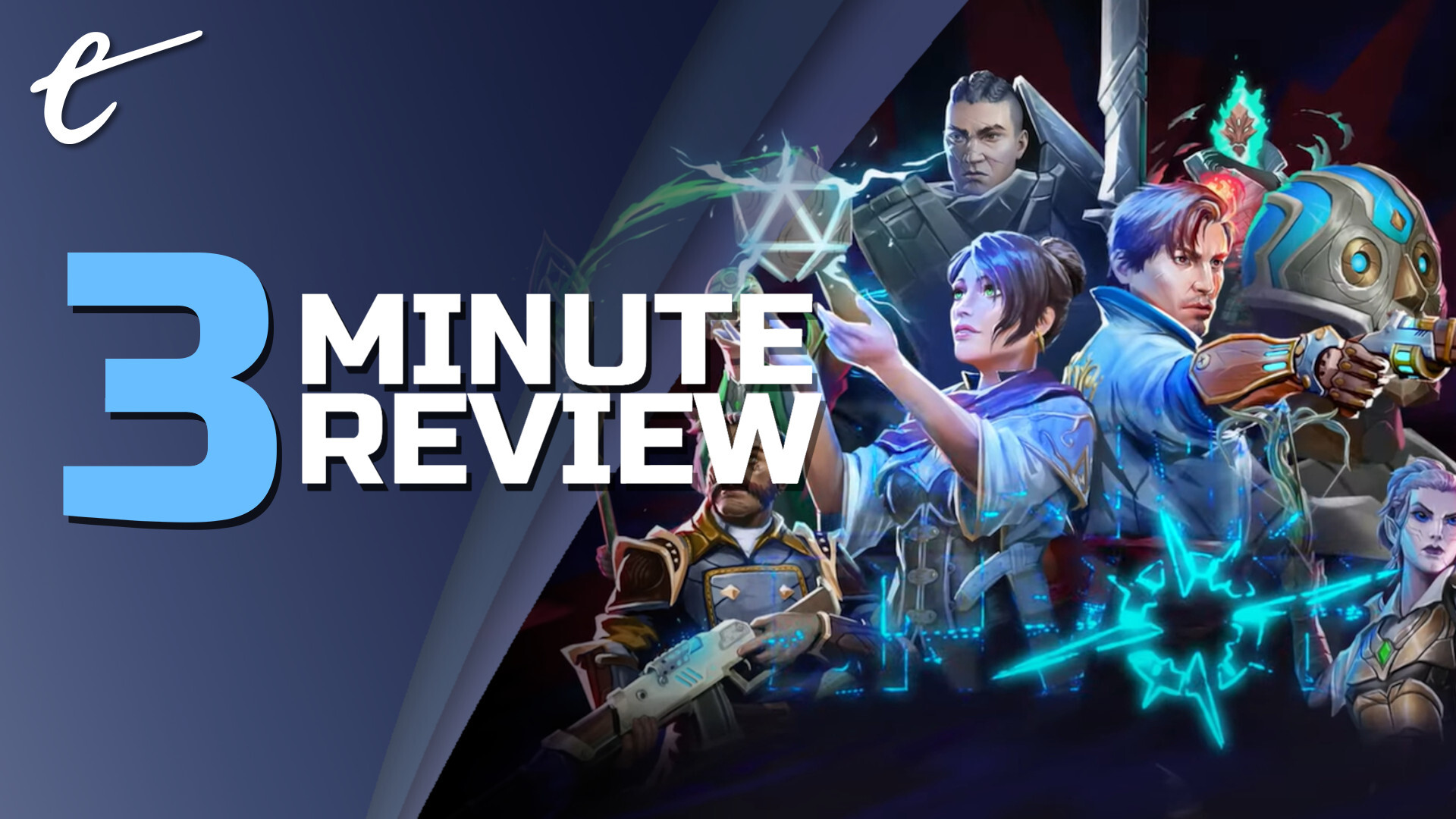Thymesia is an action RPG developed by OverBorder Studio and published by Team17. I played as Corvus, an amnesia-ridden assassin, hacking and slashing through memories to uncover the truth behind the mysterious plague laying waste to the Kingdom of Hermes. The innovative combat left a lasting impression on me, but the rest of the game struggled to house its best feature.
Initially, combat felt rigid and incomplete but redeemed itself as unlocks facilitated different play styles in a satisfying fashion. Enemy health bars had two notable stages. I needed to wound the enemy with my saber to temporarily convert part of their white bar to green, and then drain the green portion with my claw attacks. Once the health bar was fully emptied, I needed to execute the enemy, but I had to act fast or else the enemy could replenish their white bar with unclaimed wounds. My arsenal also contained a dodge, customizable health potions, a feather to interrupt special attacks, and a plague weapon ability with varying effects depending on what I equipped or temporarily stole with the claw’s special reave attack. All of these were upgraded through talents upon level-up and gained additional attributes including lifesteal, damage mitigation, or variations of the base ability; a small preview window of the unlocks in action was a brilliant feature.
While I adored the free-flowing combat and various play styles in a vacuum, they were hampered by the camera latching strangely to the environment at times. The lock-on system restrained me, in equal parts, too close for proper follow-ups and too far to dodge away unless I toggled it on and off. Sidestepping was viable in the spacious boss arenas, but other locations didn’t offer nearly as much room and could cause me to get stuck inside the environment. The bosses themselves were either complete pushovers, abusive of the janky lock-on system, or simply gimmicks. While the visuals and audio elevated the presentation, subtle sounds and animations were buried under jarring imbalance and relentless shaking, making some fights a disorienting affair.
The macabre world of Thymesia was accessed through recollections, levels selected from a central hub. Locked doors and unreachable ladders teased at a connected environment, but those areas were subregions to be loaded into once I completed my mission and did not aid in re-traversal. Subregions unlocked as I progressed through the story, but levels were reused with a different starting location, different arrangement of enemies, or access to ladders and keys.
Seeing as the levels were incredibly small to begin with, I felt the rest of the levels deflated once I was aware of the overarching repetitive linearity. The first area was the only one that felt non-linear, but the false connectivity, overlaps, and materials that blended in a vision-impairing miasma of grime made it my least favorite. I forgave the repetitive use of foes as a necessary means to upgrade my plague weapon using their dropped weapon shards. However, nothing was done to visually differentiate a normal enemy from its mini-boss variant.
I had only one chance to retrieve my experience if I died. Fortunately, the rest of my setup was upgraded by enemy drops or found items. Hacking and slashing was more enjoyable than tapping and dodging, but the enemies, slower and limited to three moves at most, couldn’t pose a challenge after a handful of upgrades. The game had a few hours in the middle where it held a thoroughly enjoyable position between the lands of methodical soulslikes and delightfully boisterous action RPGs. Overall, too much of the first half was incredibly slow and cumbersome, while the second half of the game lacked challenge after all of the mobility and power it had granted me.
Thymesia is available August 18 on Xbox Series X | S, PlayStation 5, and PC on Steam and GOG for $29.99.
Watch the Review in 3 Minutes for Thymesia.






Published: Aug 16, 2022 05:10 pm